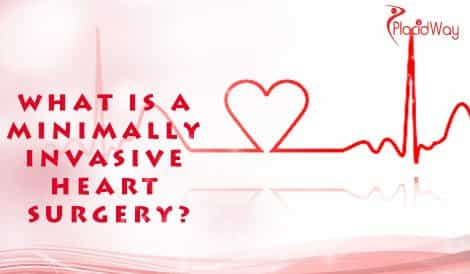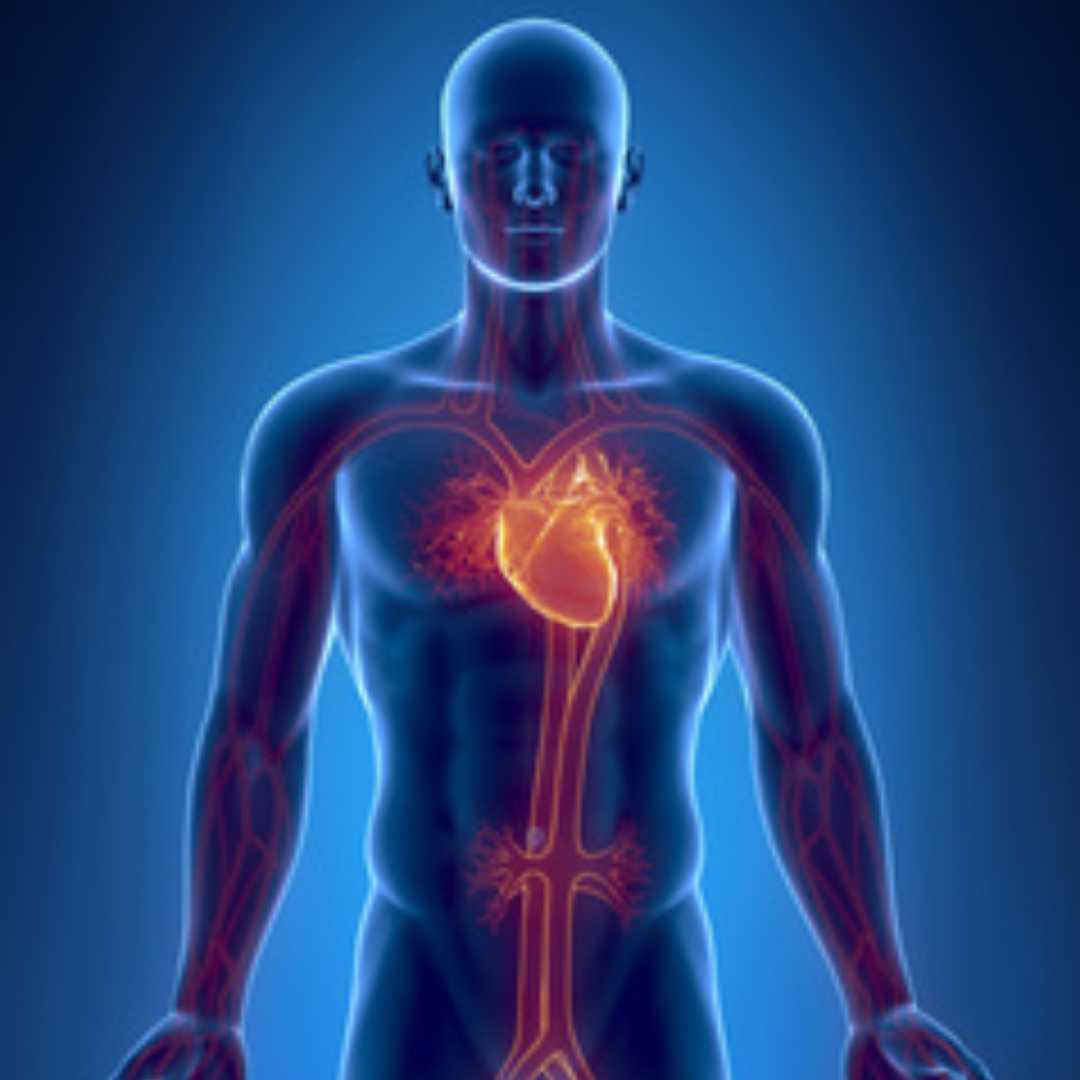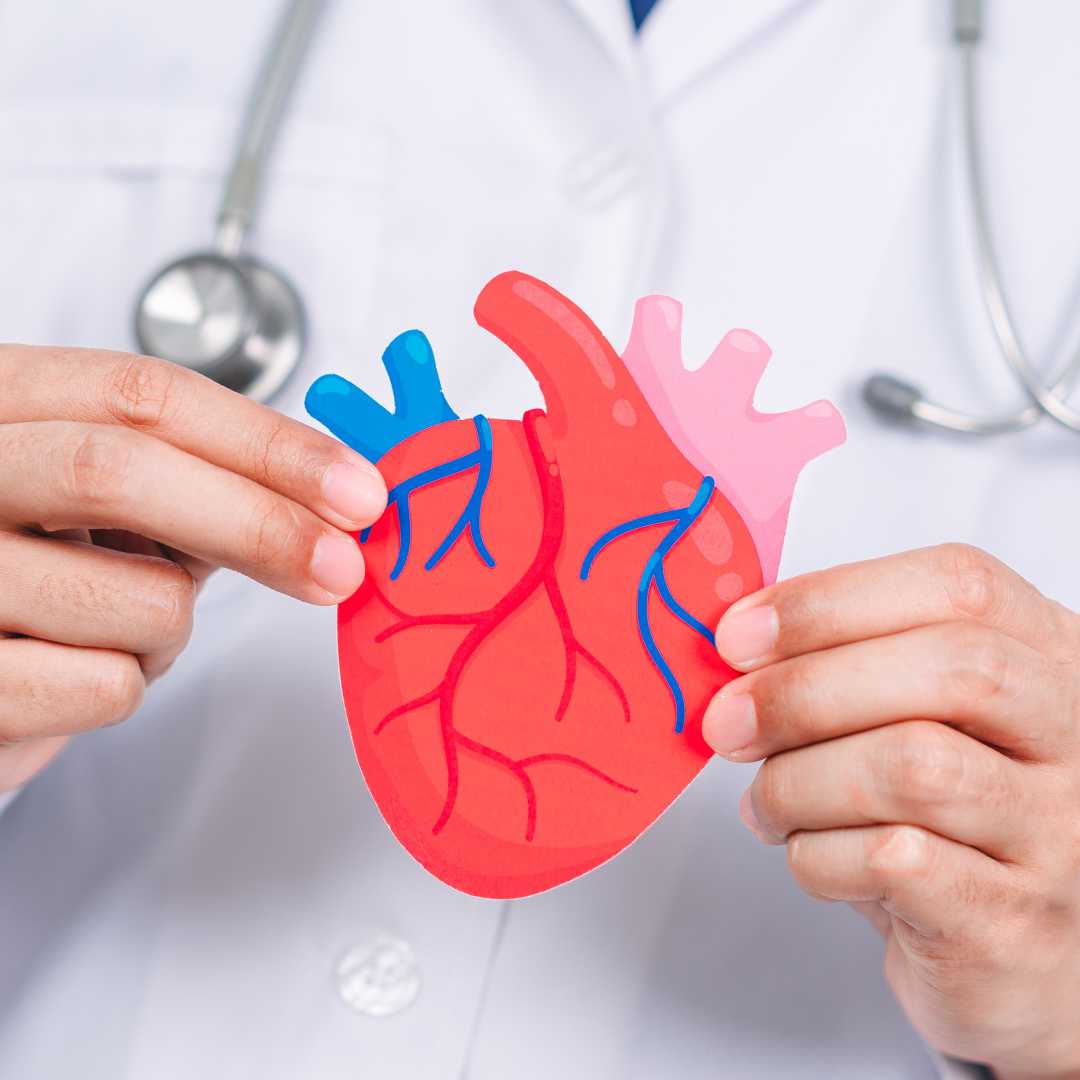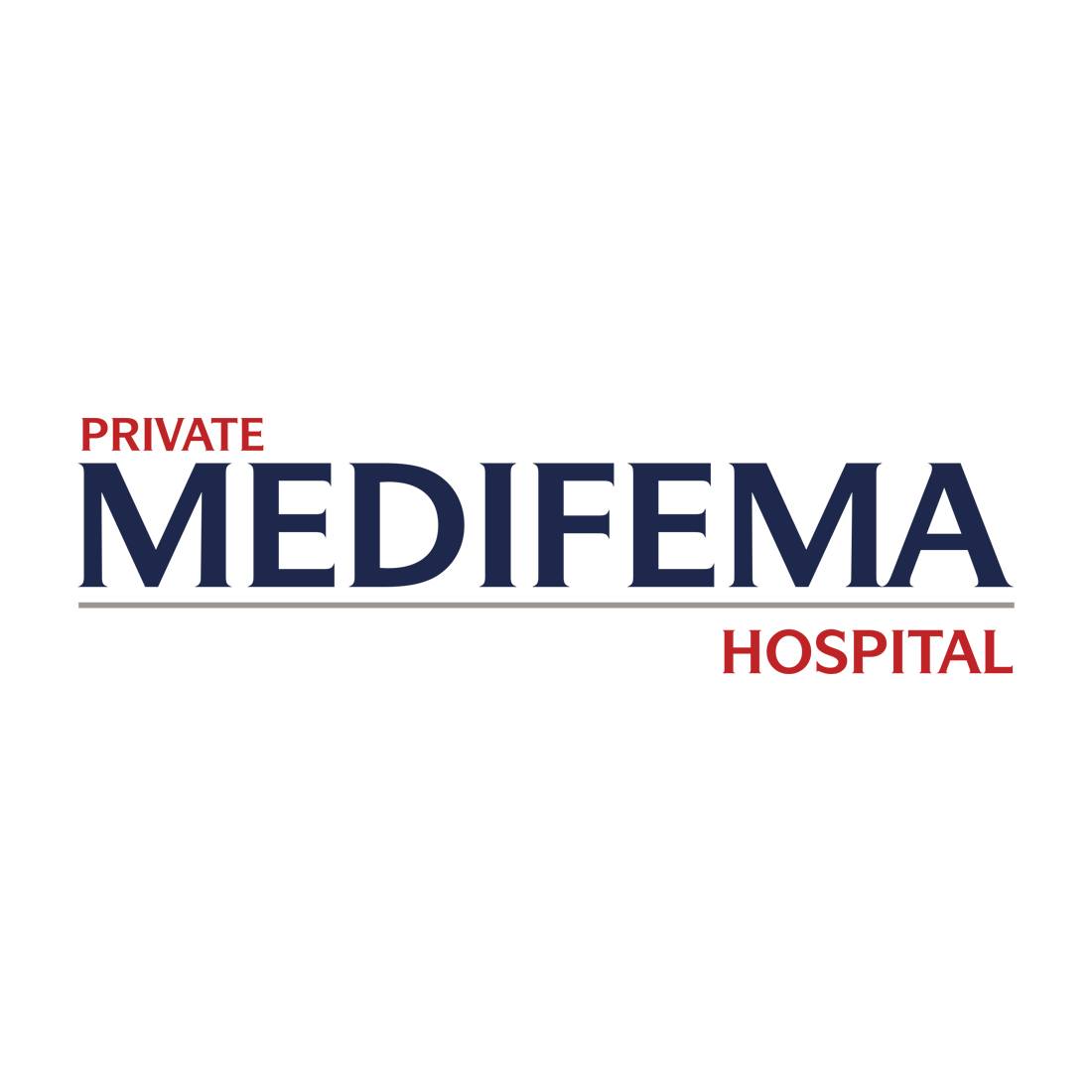
Minimally Invasive Surgery vs Open Heart Surgery
While undergoing a medical treatment or a surgical procedure, we always need as much information as possible in order to decide and more importantly know what is going to happen to our body and indeed to us. There are several doubts about open heart and minimally invasive procedures. How are they performed? Which are their advantages and disadvantages?
Much emphasis has been put during the past years on minimally invasive cardiac procedures, yet cardiac surgeons still perform the open heart surgery in some cases. Of course your trusted doctor will help you decide and let you know which surgical option is the best for you, but being informed is of utmost importance before undergoing surgery. Let?s review their pros & cons and clear some doubts.


Open heart surgery is a common, traditional and major surgery performed to improve heart function. During open heart surgery the chest wall is opened and the heart is operated directly by the specialist.
Usually a sternotomy precedes heart surgery, since this procedure gives access to the heart through an incision (10-12 inches incision) in the chest that begins at the top of the sternum, and ends at the bottom of it. After the initial incision, surgeons cut through the sternum to make sufficient room for the open-heart surgery. Once the heart exposed, the patient is connected to a heart-lung bypass machine, allowing the surgeon to operate on a heart that isn't beating and that doesn't have blood flowing through it.
Open heart surgery may have significant risks and potential complications, and some patients may not be able to undergo Open Heart Surgery, either because their illness is too extensive or their heart is too weak. These patients will be better candidates for minimally invasive surgery, of course this will be decided by the medical practitioner.
Pros of Open Heart Surgery:
- Reestablishment of regular delivery of oxygen & nutrients to the heart
- Fewer heart rhythm problems
- Low incidence of vascular complications and stroke
- Less damage to the heart and cardiac muscles
- Allows careful, and rapid manipulation of arteries
- Allows cardiac valves? reparation along with other structures without the need of altering the basic surgical approach.
Cons of Open Heart Surgery:
- Very invasive, increased trauma and sometimes pain after the surgery requiring more pain medications
- Increased risk of infections at the incision area (meticulous care for hygiene required)
- Blood transfusions needed in most cases
- Increased length of ICU and hospital stay (5 to 10 days)
- Longer return to normal activities, (6-8 weeks)
- Increased inflammation after the surgery
- Major risk of heart attack or stroke
- Increased breathing problems


Minimally invasive cardiac surgery is performed through several small incisions in one side of your chest; these incisions are not so traumatic and need less recovery time. Minimally Invasive heart surgery provides some extra advantages to the patient, including the fact that the patient?s heart is still beating (of course a device will be attached to your heart to stabilize it), and you won?t need undergo sternotomy.
During cardiac minimally invasive surgery, the heart is reached through the small incisions (3 to 5 inches), done by the cardiac surgeon; the area?s muscles will be separated and the costal cartilage removed. After these steps, the specialist will repair the heart, depending upon your diagnosis. Important: Not all heart conditions that are performed with open heart surgery have the minimally invasive surgical technique option.
Pros of Minimally Invasive Surgery
- Reduced post-operative discomfort
- Reduced pain after surgery (less pain medications)
- No need to use a heart-lung machine
- Smaller incisions and less scars (lower infection rates)
- Faster recovery, quicker return to normal activities (2 or 3 weeks)
- Reduced bleeding and blood loss
- Reduced blood transfusion
- Better visualization for better surgeon?s performance
- Improved breathing due to less trauma to the sternum (breastbone)
- Safe for different heart repairs, and used as an alternative for other cardiac procedures
- Costs advantage due to shorter hospital stay.
Cons of Minimally Invasive Heart Surgery
- Prolonged operation as it is technically more difficult (of course this will depend on the specialist)
- You will have to take medication to slow the heart down
- Difficulty of suturing because the heart is still beating
- Increased incidence of vascular complications and stroke
- Limited use, it may not be applicable for all heart surgeries
- In some cases, revision surgery is needed.
Regardless of what you and your cardiac surgeon decide is the best approach for you, undergoing heart surgery can significantly reduce and even help you get rid forever of your heart problems, discomfort as well as other symptoms, and improve your chances of survival providing you with a better quality of life!

For more information about Heart Surgery Procedures and Medical Centers offering Cardiac Care around the world, contact us by clicking in the button below!


















Share this listing